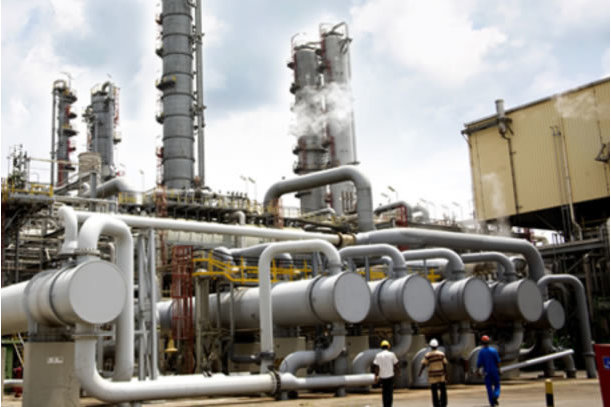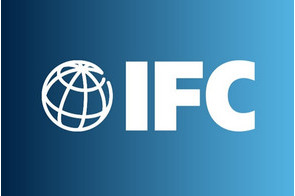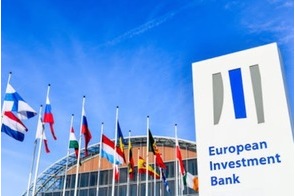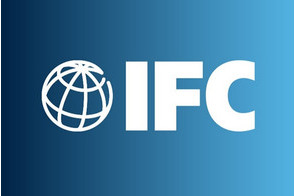Latest News
EAIF announces financial close on Indorama Eleme fertilizer plant expansion

News Highlight
The transaction is part of the $850 million loan the International Finance Corporation pledged to mobilize as part of the $1.1 billion required for the expansion of the company’s existing fertilizer plant in Port Harcourt.
The Emerging Africa Infrastructure Fund (EAIF) has announced the financial close for its 11-year $35 million loan to Indorama Eleme Fertilizer and Chemicals (IEFCL). The EAIF, a member of the Private Infrastructure Development Group (PIDG), achieved the financial close on Tuesday.
The transaction is part of the $850 million loan the International Finance Corporation (IFC) pledged to mobilize as part of the $1.1 billion required for the expansion of the company’s existing fertilizer plant in Port Harcourt. IFC directly lent $100 million for the project in June. The private sector arm of the World Bank said another $50 million in financing would be available from IFC’s managed co-lending portfolio programme.
The new plant, to be built alongside the existing facility, will increase the annual output of the company to 2.8 million metric tonnes of urea fertilizer. And its construction, expected to take 37 months, will engage 3,830 people; and 600 people will have permanent jobs when it comes on stream.
“The new plant for Indorama Eleme can benefit farming communities across Nigeria, which will help combat poverty, stimulate employment and improve resilience of the Nigerian economy,” said Patrick Crawford, EAIF’s Chief Executive. “A successful and productive agriculture sector is essential to Nigeria’s future.”
He added that the PIDG is always ready to support projects like IEFCL’s Port Harcourt expansion because of their strategic importance.
The project, according to the statement by the EAIF, directly supports the Nigerian government’s initiative to eliminate the importation of urea, and to meet the rising local demand for urea fertilizer.
According to a recent report by International Fertilizer Development Centre (IFDC), fertilizers uptake by Nigerian farmers increased by 63 percent in 2017, rising from 959,364 metric tonnes in 2016 to 1,564,816 metric tonnes in 2017.
“Nigeria has enormous potential to achieve agricultural self-sufficiency and food security,” said Manish Mundra, Indorama Africa’s CEO. “This is evident from the multi-fold increase in domestic fertiliser consumption after the start of Indorama’s first plant. With Line 2, we aim to further expand our ability to provide competitively priced and high-quality fertilizer to farmers in West Africa and across the globe."
The Head of EAIF team at Investec Asset Management, Nazmeera Moola, said the Port Harcourt project indicates developing private banks’ confidence to invest in emerging markets.
“International private sectors banks have been attracted to support the project because of the track record of IEFCL and the structure of finance, which made debt providers like EAIF supply 11-year loans, while private banks preferred 8-year loans,” Moola said.
During the construction of the first IEFCL’s Port Harcourt fertilizer plant, the EAIF had provided loans of about $48.8 million.
In addition to the EAIF, other banks and development finance institutions supporting the financing are Standard Chartered Bank, Bangkok Bank, Entrepreneurial Development Bank (FMO), German Investment Corporation (DEG), PROPARCO, ICICI Bank and Citibank.
IEFCL is 75.9 percent-owned by the Indorama Corporation Pte. Ltd., one of Asia’s leading chemicals holdings companies. It currently has 77 manufacturing complexities in 29 countries in Asia, Africa, Europe, North America, and the Commonwealth Independent States (CIS).
Related News
Latest Blogs
- Driving economic growth through green transition in Nigeria
- CBN is fighting inflation instead of stagflation
- Why electricity privatization failed (2)
- How net metering can boost embedded power generation
- Adaora Umeoji and gender in Nigerian banking leadership
Most Popular News
- IFC, partners back Indorama in Nigeria with $1.25 billion for fertiliser export
- CBN increases capital requirements of banks, gives 24 months for compliance
- Univercells signs MoU with FG on biopharmaceutical development in Nigeria
- CBN settles backlog of foreign exchange obligations
- Ali Pate to deliver keynote speech at NDFF 2024 Conference
- Euromonitor forecasts Sub-Saharan Africa GDP to grow to $4.5trn by 2040






